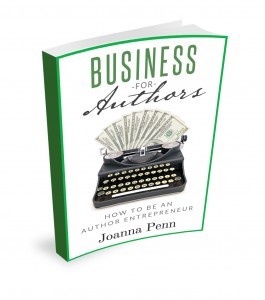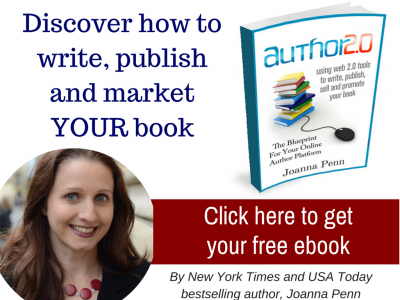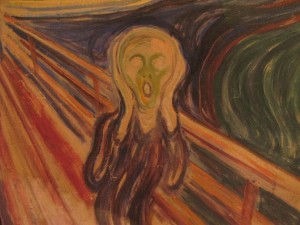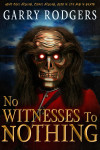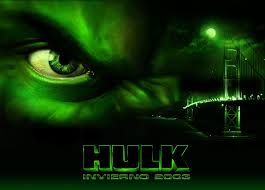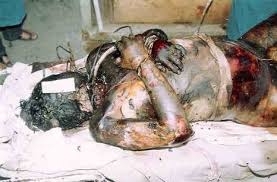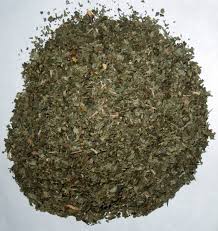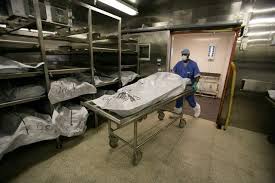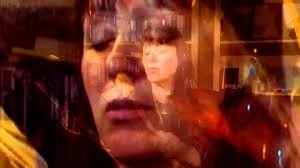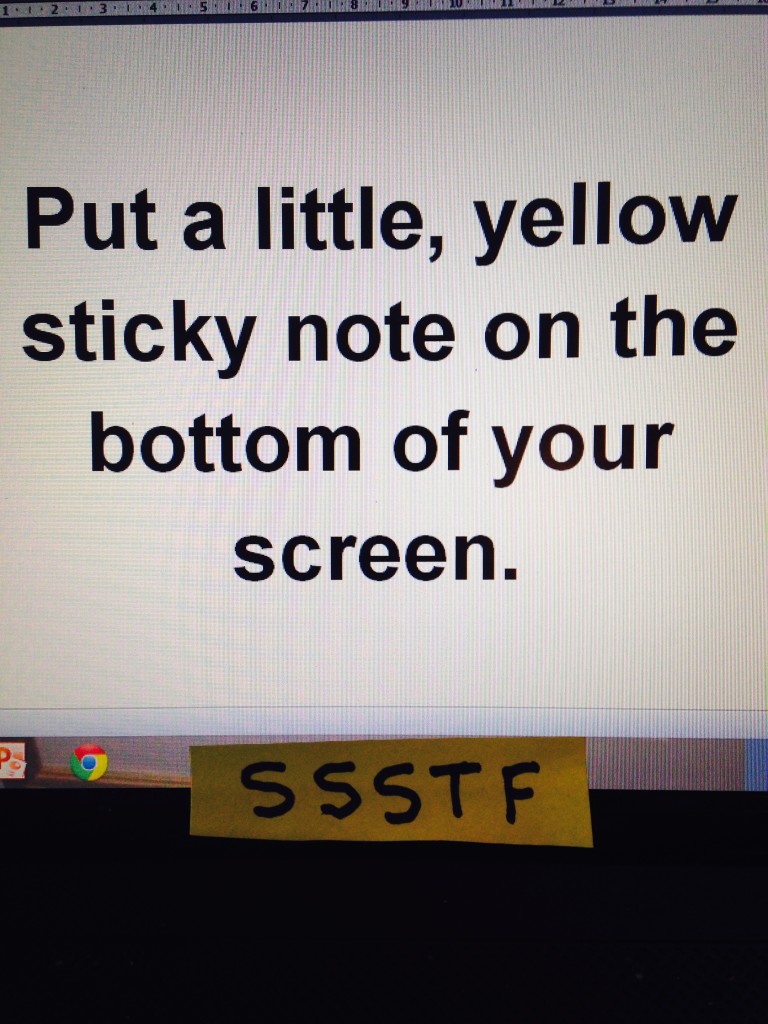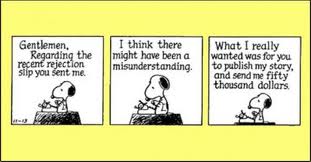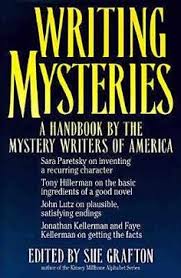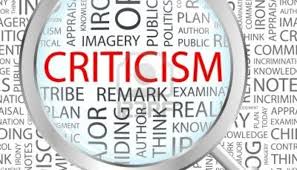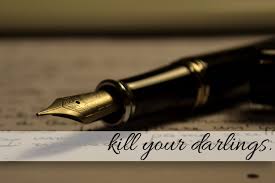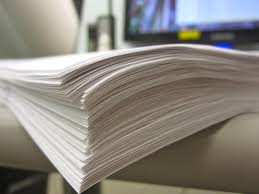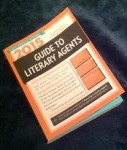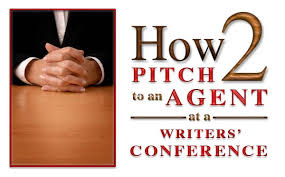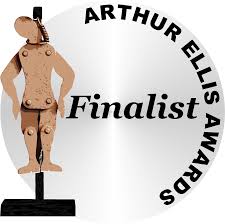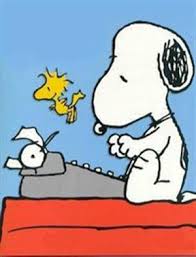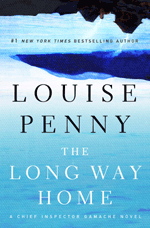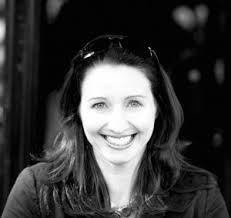 I first met Joanna Penn of London , England, online several years ago when she’d just self-published her ARKANE series and her website TheCreativePenn.com was starting to take off. Joanna has been an invaluable source of information and encouragement to myself and many other authors.
I first met Joanna Penn of London , England, online several years ago when she’d just self-published her ARKANE series and her website TheCreativePenn.com was starting to take off. Joanna has been an invaluable source of information and encouragement to myself and many other authors.
It’s been such an inspiration to watch Joanna’s climb to being the published author of 10 fiction and 4 non-fiction books, hosting webcasts with the who’s-who in the writing and publishing world, and reaching tens of thousands through her blog, social media, and international speaking engagements.
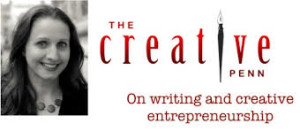 Beyond her own achievements, Joanna is an exceptionally genuine and generous person. The success of my debut novel making the Amazon BestSeller list is directly attributed to Joanna’s promoting it on her TheCreativePenn.com podcast.
Beyond her own achievements, Joanna is an exceptionally genuine and generous person. The success of my debut novel making the Amazon BestSeller list is directly attributed to Joanna’s promoting it on her TheCreativePenn.com podcast.
Several months ago Joanna published an excellent resource book titled Business For Authors: How To Be An Author / Entrepreneur. It’s on the business of being both an author and an entrepreneur where she candidly shares her vast experience. I got tremendous value from it and I want others to benefit as well. I contacted Joanna and she graciously allowed me to republish material from this piece on her website which originally appeared here: http://www.thecreativepenn.com/businessbook/
I highly recommend this book for all authors, regardless of the stage of your journey.
* * *
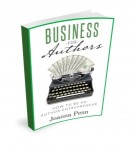 I’m excited to share my new book, Business for Authors: How To Be An Author Entrepreneur, as it contains everything I’ve learned from 13 years of being a business consultant and 6 years of being an author.
I’m excited to share my new book, Business for Authors: How To Be An Author Entrepreneur, as it contains everything I’ve learned from 13 years of being a business consultant and 6 years of being an author.
This is not a book on creativity or the craft of writing. My aim is to take the result of your creativity into the realm of actually paying the bills and to take you from being an author to running a business as an author.
I was a business consultant for 13 years before I gave up my job in September 2011 to become a full-time author-entrepreneur. I’ve worked for large corporates and small businesses, implementing financial systems across Europe and Asia Pacific.
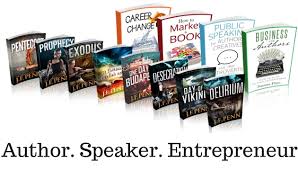 I’ve also started a number of my own businesses – a scuba dive charter boat in New Zealand, a customized travel website, a property investment portfolio in Australia as well as my freelance consultancy. I’ve failed a lot and learned many lessons in my entrepreneurial life and I share them all with you in this book.
I’ve also started a number of my own businesses – a scuba dive charter boat in New Zealand, a customized travel website, a property investment portfolio in Australia as well as my freelance consultancy. I’ve failed a lot and learned many lessons in my entrepreneurial life and I share them all with you in this book.
In the last six years of being an author, through tempestuous changes in the publishing world, I’ve learned the business side of being a writer and I now earn a good living as an author-entrepreneur. I’m an author because it’s my passion and my joy … but also because it can be a business in this age of global and digital opportunity.
What’s in the book?
Here’s an outline of the table of contents.
Part 1: From Author To Entrepreneur
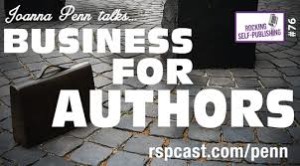 The arc of the author’s journey, definition of an author-entrepreneur, deciding on your definition of success and why it’s important as well as what you want for your life. Plus – should you start a company?
The arc of the author’s journey, definition of an author-entrepreneur, deciding on your definition of success and why it’s important as well as what you want for your life. Plus – should you start a company?
Part 2: Products and Services
How you can turn one manuscript into multiple streams of income by exploiting all the different rights, various business models for authors and how to evaluate your own information on contracts, copyright, and piracy. Plus – putting together a production plan.
Part 3: Employees, Suppliers and Contractors
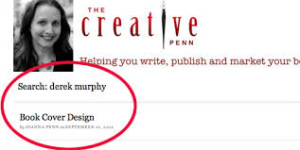 The team you need to run your business and as an author-entrepreneur. Your role as author and what you’re committing to in the business, as well as co-writing. Editors, agents and publishers, translators, book designers and formatters, audiobook narrators, book-keeping and accounting, virtual assistants. Plus – how to manage your team.
The team you need to run your business and as an author-entrepreneur. Your role as author and what you’re committing to in the business, as well as co-writing. Editors, agents and publishers, translators, book designers and formatters, audiobook narrators, book-keeping and accounting, virtual assistants. Plus – how to manage your team.
Part 4: Customers
In-depth questions to help you understand who your customers are and what they want, as well as customer service options for authors.
Part 5: Sales and Distribution
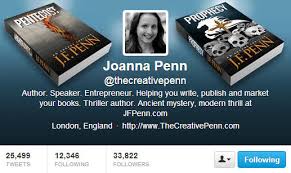 How to sell through distributors and your options. The information you need to sell direct. ISBNs and publishing imprints – do you need them? Plus – your options for pricing.
How to sell through distributors and your options. The information you need to sell direct. ISBNs and publishing imprints – do you need them? Plus – your options for pricing.
Part 6: Marketing
Defining and reframing marketing so you feel more comfortable with it, as well as key overarching concepts. Book-based marketing techniques including cover, back copy, and sales pages on the distributors. Author-based marketing around building your platform and customer-based marketing around your niche audience and targeted media. This is just an overview. For a whole book on marketing, see my ‘How To Market A Book‘.
Part 7: Financials
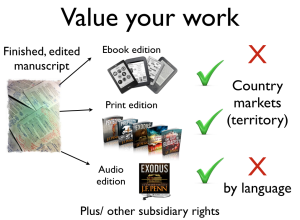 Changing your mindset about money and assessing where you are now vs where you want to be. Revenues of the author business and how to increase that revenue. Costs of the author business and funding your startup. Banking, PayPal, accounting, reporting, tax and estate planning.
Changing your mindset about money and assessing where you are now vs where you want to be. Revenues of the author business and how to increase that revenue. Costs of the author business and funding your startup. Banking, PayPal, accounting, reporting, tax and estate planning.
Part 8: Strategy and Planning
What is your strategy for your business and why this is important. Developing your business plan. Managing your time and developing professional habits, plus accountability systems. The long term view and the process for becoming a full-time author if you choose that route. Plus – looking after yourself.


